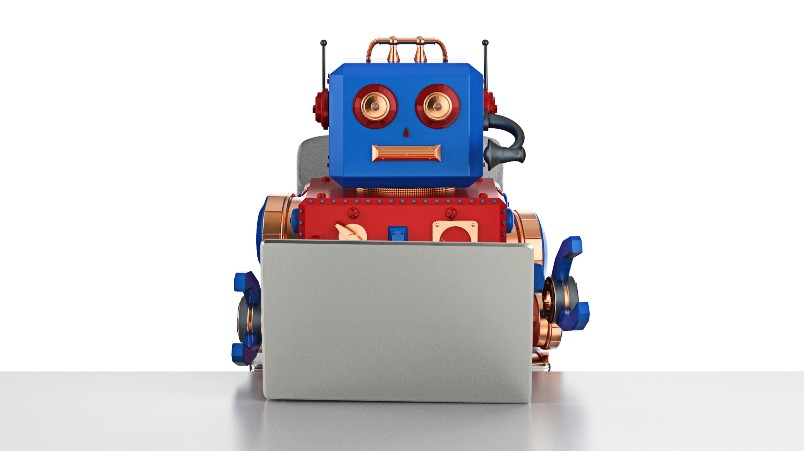Australian consumers: AI promises a dystopian hellscape, but it still beats family gatherings, not that we can tell the difference

Australian consumers have developed firm opinions about AI remarkably quickly, although we are not convinced we would recognise it if we saw it, especially in media, where a substantial minority think the Matrix is already broadcasting. That's according to a global survey of consumer attitudes conducted for Pegasystems. We break out the local data.
What you need to know
- Consumers are surprisingly engaged with the AI debate, according to a survey by Pegasystems. Mi3 breaks out the local data.
- They are more comfortable with business applications than more personal interactions - such as health.
- We would still prefer human doctors over the machine, for instance, even if we knew for certain the machine was more accurate.
- We all think businesses should behave morally and yet we suspect that their AI won't.
- And we are not convinced we would know the difference between AI content in the media if we encountered it, and a chunk of us think it's already happening.
A third of us are not yet ready to trust AI with our lives and most of us (72 per cent) are unwilling to trust it with our health. That’s the same even if we are told the AI is more accurate,
Three quarters of Australian consumers believe businesses are obliged to do what is morally right (the other 25 per cent presumably run businesses) but when it comes to AI a similar majority are already convinced that AI is capable of behaving amorally.
The figures come from a global survey by the automation software company Pegasystems, which looked into consumer attitudes to AI earlier this year, notably after the release of ChatGPT late last year.
Pega provided Mi3 with the Australian data during its recent conference in the US. Breaking out that local data, it found that a third of us are not yet ready to trust AI with our lives, and most of us (72 per cent) are unwilling to trust it with our health. That’s the same even if we are told the AI is more accurate, according to Rob Walker, Pega’s general manager, 1:1 customer engagement, who discussed the research in his keynote address and in a round table.
But it is a different story when it comes to interactive AI services from a business where we are more circumspect, with opinion evenly divided.
As to what the future holds, 30 per cent of Australian consumers envisage a dystopian hellscape where AI enslaves humanity, but on the other hand 11 per cent of us would prefer to spend time with an AI over our friends and family. Fourteen per cent of us think AI will uncover our deepest secrets, although if Twitter has shown us anything, its getting people to shut up about their deepest, darkest secrets that's the issue.
For media operators, it's worth noting that 22 per cent of Australians already think TV content is generated by AI, (although if this includes Binge’s FBoy Island, we can at least be confident the machine comports to regular notions of artificial even if it's stretches the definition of intelligence).
Australian consumers are not confident they can tell the difference. More than half said they didn’t think they wouldn't be able to work out if TV content was AI generated or not. Still, we are more confident with video content (because WYSIWYG, apparently) than we are with the written word. When it comes to long-form articles and blogs, 64 and 61 per cent, respectively, would have trouble distinguishing between human and machine scribblings. I feel attacked.



